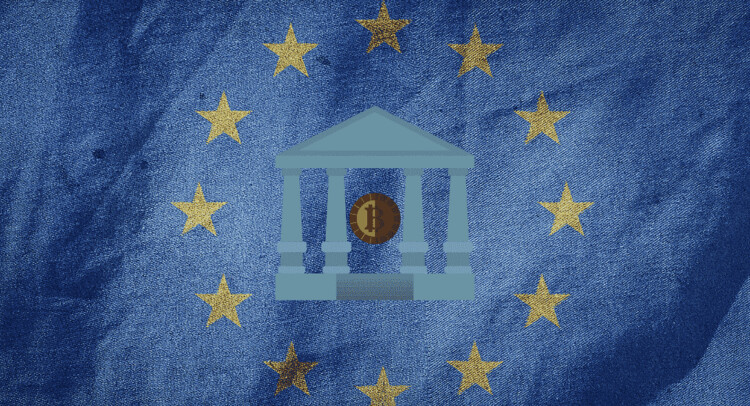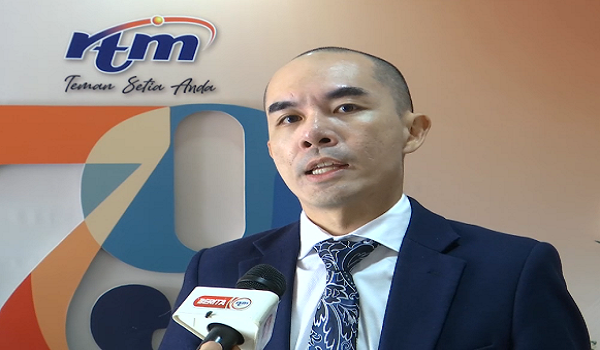European lawmaker Sarah Knafo, a French magistrate and member of the European Parliament since June, has made a strong case for the European Union to prioritize establishing a strategic Bitcoin reserve over adopting the proposed “digital euro.” This central bank digital currency (CBDC) is currently under development by the European Central Bank (ECB).
Knafo’s Pro-Bitcoin Advocacy
In a speech delivered to the European Parliament, Knafo expressed her opposition to the digital euro and her support for Bitcoin. She emphasized the importance of embracing Bitcoin’s decentralized nature as a counter to what she perceives as the ECB’s “totalitarian temptations.” Her stance was articulated in a post on X (formerly Twitter), which included a video of her speech.
Knafo criticized the European approach to crypto regulation, contrasting it with other global initiatives such as El Salvador’s adoption of Bitcoin in 2021 and the crypto-friendly agenda of the incoming administration of US President-elect Donald Trump. She highlighted Jerome Powell, the US Federal Reserve Chair, referring to Bitcoin as “digital gold” in early December.
According to Knafo, Europe’s focus has been excessively on regulation, taxation, and stifling innovation. She argued for a shift from the current paradigm, advocating for protection against inflation and poor economic choices by states. Knafo expressed a firm rejection of the digital euro, describing it as a tool for potential overreach by the ECB, which could lead to a dystopian scenario where European bureaucrats might control transactions and exclude individuals from the banking system based on their social media activity or unpopular opinions.
The ECB has been exploring the concept of a CBDC for over four years, publishing its first dedicated report on a potential digital euro in October 2020. This ongoing examination has highlighted both the potential benefits and the risks associated with such an initiative.
European authorities continue to wrestle with the decision to launch a digital euro, amid concerns about privacy risks, potential threats to private payment firms, and other issues. The ECB has announced that it expects to make a final decision on whether to proceed with a digital euro by October 2025.
| Date | Event |
|---|---|
| October 2020 | ECB publishes its first report on digital euro |
| October 2025 | Expected decision on digital euro launch |
The stance of European lawmakers like Knafo illustrates the growing divide in global approaches to cryptocurrency regulation and adoption. While some countries and regions are embracing cryptocurrencies as alternatives to traditional financial systems, others remain cautious, weighing the benefits against potential risks.
What The Author Thinks
Sarah Knafo’s call for the European Union to establish a Bitcoin reserve reflects a critical juncture in the ongoing debate over the future of cryptocurrencies in Europe. As the ECB deliberates on the potential launch of a digital euro, the contrasting vision presented by Knafo champions a broader embrace of decentralized digital currencies like Bitcoin. This debate not only highlights the technological and financial considerations at play but also underscores the broader ideological conflicts over monetary sovereignty, privacy, and the role of state in the digital age. As 2025 approaches, the decisions made by European authorities will likely have profound implications for the future of digital currencies on the continent, potentially setting precedents for global financial systems in the digital era.














